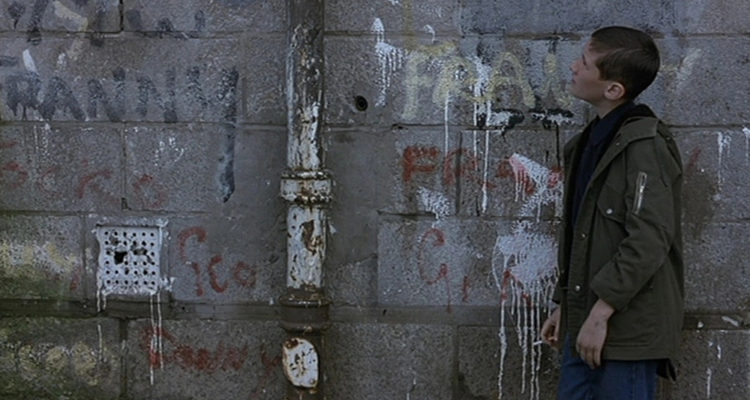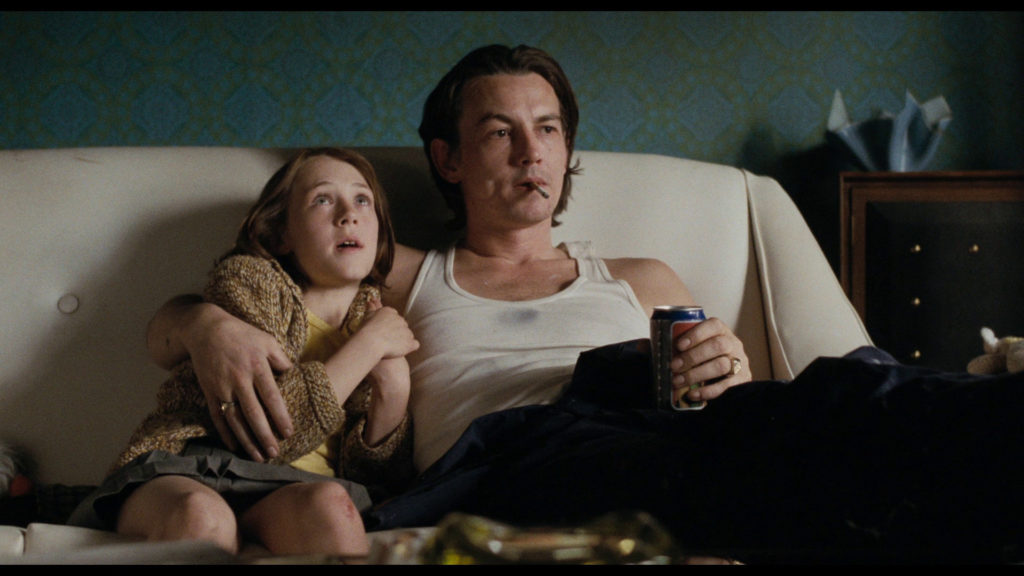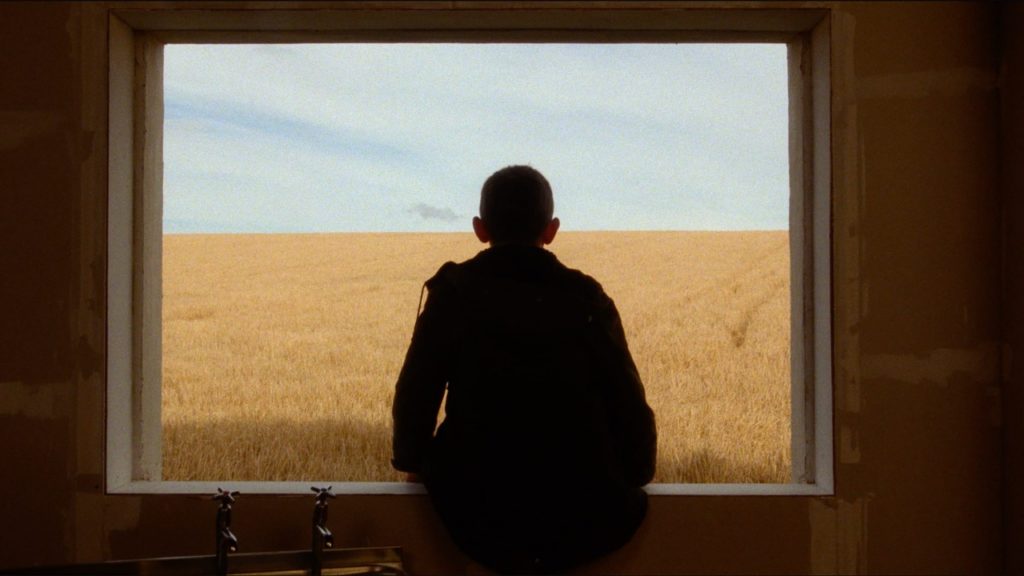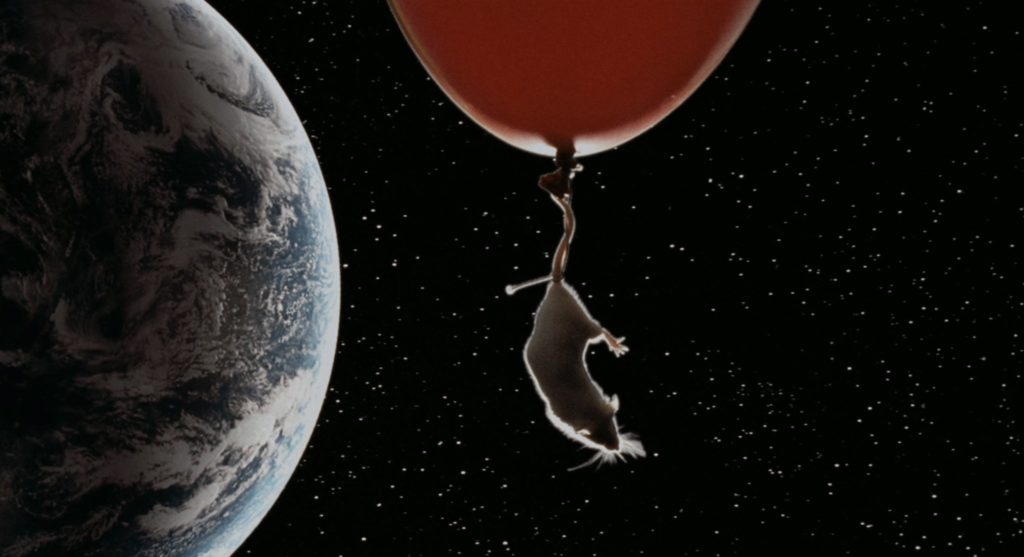| Dan Howard |

Ratcatcher plays at the Trylon Cinema from Friday, March 31 through Sunday, April 2. Visit trylon.org for tickets and more information.
Years ago, I had the privilege of meeting the actor Tommy Flanagan at a charity event. I was already a fan of Sons of Anarchy (in which Flanagan appears), and he was everything I’d hoped: kind, humble, and down-to-earth. It was after this meeting that I heard about another film that included Flanagan: Ratcatcher. Akira Kurosawa once said that the older he gets, the more he wants to simply understand why artists make the pieces they do. Those words ring true as I’ve experienced that more as I return to films I viewed in my younger years with fresh new perspectives. Ratcatcher is a perfect example of understanding a film more with age. From the stark difference in viewing the film with younger eyes and viewing it again years later as an adult, you begin to understand both the viewpoints of the kids as well as the adults. You see things about the film you never quite noticed before.

Ratcatcher takes place during the simultaneous garbage strike and city redevelopment initiative in Glasgow, Scotland, 1973. The focus starts on a young boy named Ryan Quinn, who ultimately drowns when his friend (and the film’s main character), James Gillespie, pushes Ryan into the canal. James hides the incident with Ryan in fear that it’s his fault. Throughout the film, James struggles with growing up in poverty, surrounded by piles of trash, a strained relationship with his stepfather, a friendship with a girl two years older than him, witnessing Ryan’s parents in mourning, and seeking hope for a better future.
The film feels like a deeply personal type of story for Lynne Ramsay to make her directorial debut, having herself been born in Glasgow. It perfectly shows a slow loss of innocence as James deals with the death of his friend, realizing more and more the bleak reality of his environment with peers and family alike. While he remains close with his mom and siblings, Da makes James feel alienated in his own home. His friends and peers offer little help themselves, until he meets Margaret Anne, the older girl. Their friendship is one of my favorite parts of the film as it depicts a purely platonic friendship between two young people of opposite genders.

Ratcatcher’s setting during the garbage strike and city redevelopment/rehousing project is a perfect plot device by Ramsey. James only sees what surrounds him. Living among streets lined with garbage and rats, he does his best to live happily while navigating through circumstances he cannot change or control. Although stuck in a poverty-stricken neighborhood, James and those around him find small, happy moments to help them through. We see this with James’s family dancing and singing, moments made with friends, and the sense of escape when he finds a housing development area with large golden fields. His fascination with the fields proves a rare moment of true, childlike innocence mediated by the serenity that James feels as he lies in the tall grass. When we find a place where we know we belong, the feeling is an indescribable sense of peace. Although we see key moments of holding on to the wonder of childhood, the final scene is purely up to interpretation with its mix of bleakness and hope as James searches for any sign that his dreams of a better life could be realized.

Ramsey’s story reminds me of directors such as Victor Erice or Guillermo del Toro, both of whom have a fascination with childhood. That’s what helps any artist to be creative: staying true to their inner child. So much of being an artist stems from what can be dreamt up in childhood. I believe it’s an essential part of any career in the arts to find what inspires us the most. There’s a particular saying that I’ve always loved that goes: “The creative adult is the child who survived.” Ramsey, with Ratcatcher, places herself on the same level as the great filmmakers such as Erice and del Toro, and while the film can be a difficult watch at times, it’s without a doubt Ramsey’s finest work.
Edited by Olga Tchepikova-Treon
